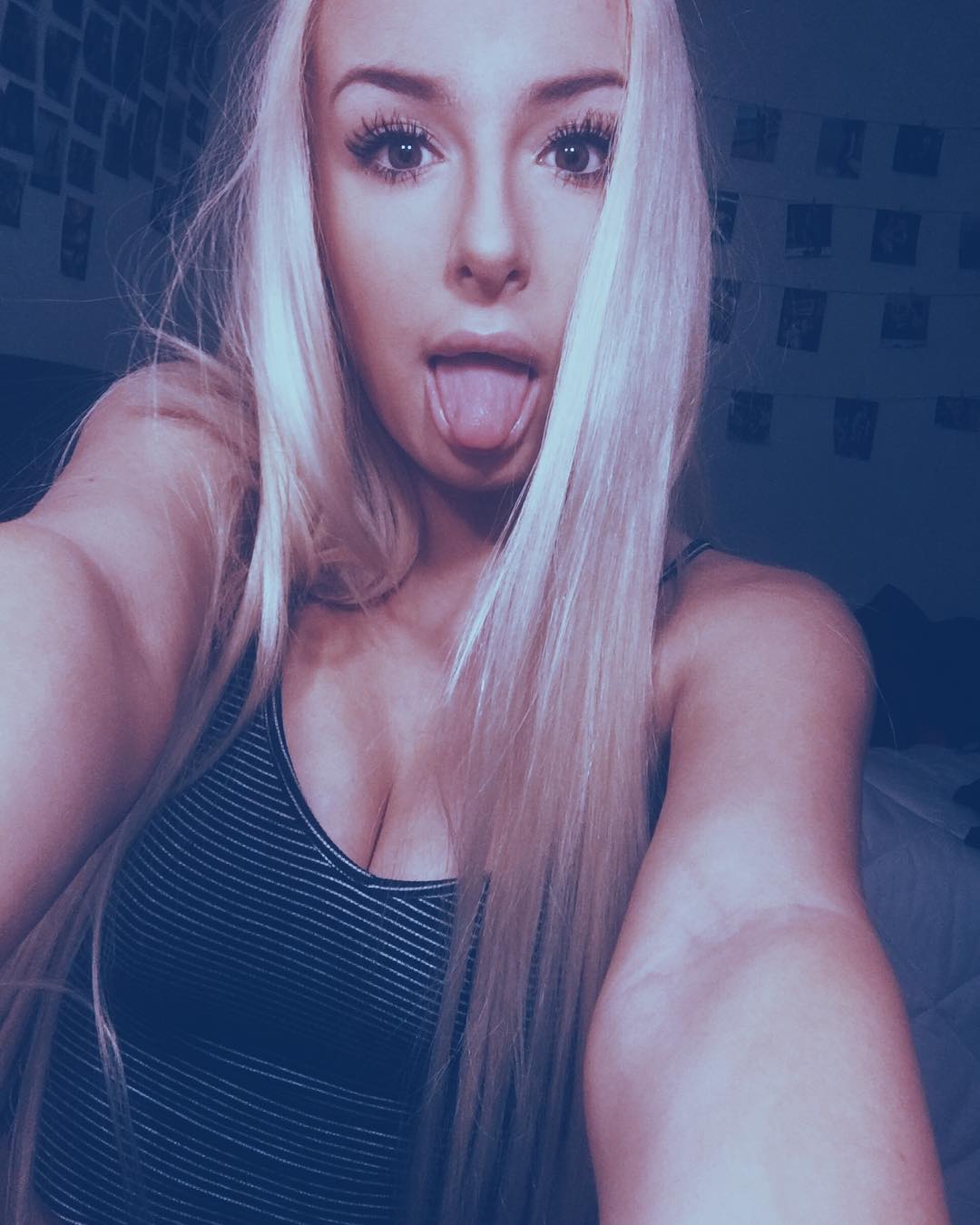By VALENTINE BACCHUS
- Tana Mongeau Photoshop
- Tana Mongeau Body Recent
- Tana Mongeau Facetime
- Tana Facetune Fails
- Tana Mongeau Real Body
- Tana Before And After Facetune
Tana Mongeau Photoshop
Facetune, an editing app popularized by many social media influencers such as the Kardashians, was released on iOS devices in March of 2013 with the sequel, Facetune2, following in February of 2016. According to the App Store description, “Professional photographers and graphic designers constantly photoshop models to perfection, and now so. Tana Mongeau has been known to be the facetune queen of Instagram and I'm sure a lot of other people also hold that title. But you can't edit your real life and she's just a prime example of it not going well in my opinion.
In today’s quickly evolving society, human beings have changed the definition of perfection countless times. From Greco-Roman civilizations prizing symmetry above all else to advertisements of the Victorian Era lauding the benefits of a tiny waist, beauty standards are constantly evolving.
As we strive for pure perfection, new ways to achieve such unattainable standards inevitably come around at a cheaper price. Rather than turning to foreign surgeons and seemingly harmless home remedies like we did in the past, today, we call on quick-fix Photoshop apps such as Facetune.
Facetune, an editing app popularized by many social media influencers such as the Kardashians, was released on iOS devices in March of 2013 with the sequel, Facetune2, following in February of 2016. According to the App Store description, “Professional photographers and graphic designers constantly photoshop models to perfection, and now so can you! Without the expensive price tag or complicated tools, Facetune gives you the ability to retouch and add artistic flair to selfies and portraits with ease, from the convenience of your iPhone.” Facetune users can make small adjustments to their selfies, such as removing flyaway hair and making jewelry appear shinier, or make larger and more drastic adjustments such as smoothing their skin and slimming their bodies.
Notable Facetune users include YouTuber and beauty guru James Charles and influencer Tana Mongeau, both of whom are outspoken about their use of the controversial app to “improve” their appearances. Critically, both of these influencers also cater to young audiences—middle schoolers and underclassmen in high school—who may be easily swayed by their idols’ advocacy for an app that has faced increasing criticism in recent years, and for good reason.
As younger generations come along, there is no way to avoid new technology and the impossible standards society imposes on its members. Young girls and women are especially susceptible to the negative effects of these standards, resulting in low self-esteem, body dysmorphia, and an increase in eating disorders. Applications like Facetune simply perpetuate these standards; one common criticism of Facetune is that after using it, every person looks the same in their photos—every person using it has chosen to alter their image to adhere more closely to accepted standards of beauty, which are often exclusionary and harmful. As people strive to become the “Facetuned” version of themselves, they lose the self that they have grown to love and accept as they mature. Facetune allows its users to create a digital persona that has almost nothing to do with their actual selves.

TL;DR
One unintended side effect of our increasingly interconnected world? Evolving beauty standards which often influence our own self-perception and can cause us to lose confidence in our appearances. Apps like Facetune have stepped in to fill this void by allowing its users to alter their images in the virtual world; however, instead of improving users’ self-confidence, such apps actually only cause more harm to their users as they lose track of their truest selves in favor of a manufactured image.
CXNs
Technology: As editing software becomes more and more advanced, it will become easier for the average person to make professional-looking edits to their own person, and these edits will be harder to spot as fake. Such is the danger of deepfakes.
Tana Mongeau Body Recent
Beauty Standards: In the past, beauty standards have varied dramatically across the world, with different societies prizing different traits. However, with the advent of the Internet, beauty standards have become increasingly similar across the globe—often to the detriment of those who don’t adhere to the approved mold.

Facetune is the photograph modifying app your entire favourite content material creators use. James Charles, Loren Grey, and Erika Costell all use it steadily for his or her Instagram pictures. Contemplating Tana steadily claims she’s solely a two, it isn’t stunning she feels the necessity to Facetune her pictures.
Tana Mongeau Facetime
Tana was even referred to as out for taking her photograph modifying just a little too far after the Folks’s Alternative awards in November. The YouTuber shared a photograph of herself on the purple carpet for the occasion, and her followers instantly commented on how completely different her face form seemed.
“who tf is that within the first pic,” one commented stated, whereas one other identified “That’s not her face.”
Tana Facetune Fails
The remainder of Tana’s pictures from that night time, whereas additionally clearly edited, usually are not executed practically as drastically as the primary one.
Tana Mongeau Real Body
Tana selected by no means to immediately touch upon her heavy-handed edits. Tana’s at all times able to make enjoyable of herself, although, so when she shared her subsequent spherical of pictures from the Folks’s Alternative Awards, she made certain to not edit them as closely this time.
Tana Before And After Facetune
“Swipe for a pic of me (with much less Facetune than final time) trigger i’m narcissistic,” she joked.